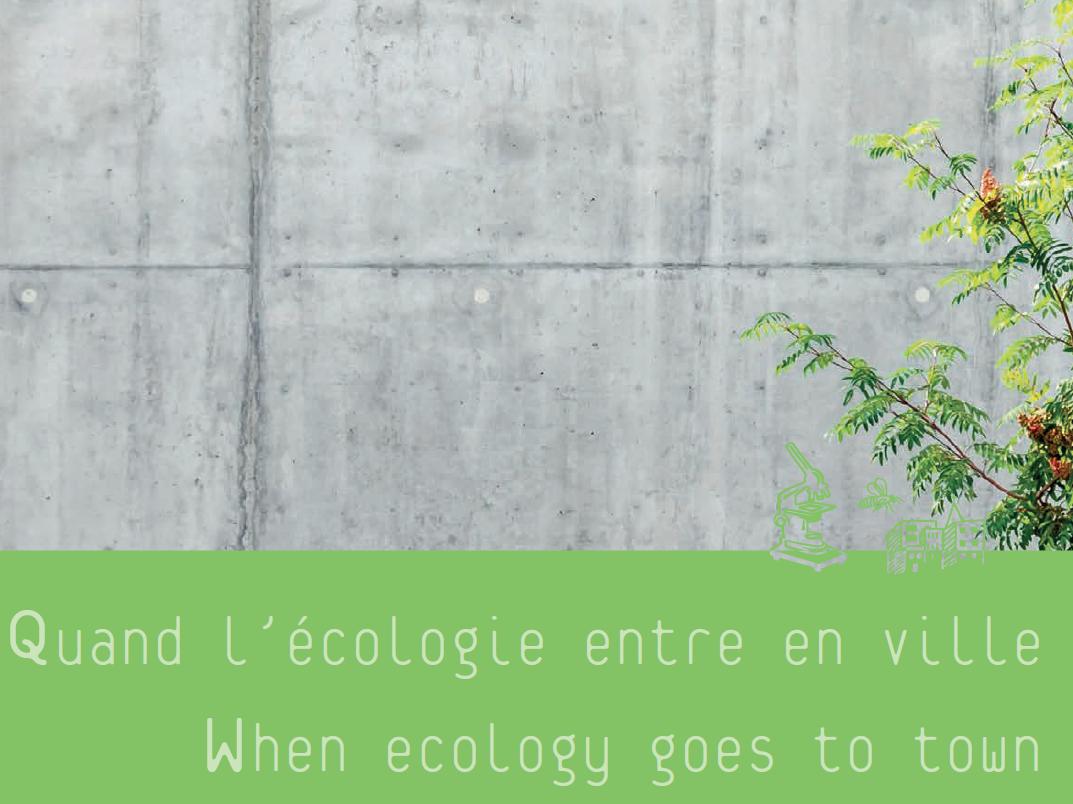”Let’s start by stating that after ‘the rights of man’, the rise of the ‘the rights of Nature’ is a contemporary form of the opium for the people. It is an only slightly camouflaged religion: the millenarian terror, concern for everything save the properly political destiny of peoples, new instruments for control of everyday life, the obsession with hygiene, the fear of death and catastrophes …. It is a gigantic operation in the depoliticization of subjects” (Badiou 2008: 139).
Several decades ago, Raymond Williams argued that “Nature is perhaps the most complex word in the language”, wrought with all manner of histories, geographies, meanings, fantasies, dreams, and wish images (Williams 1988: 221). Yet, he also concurred that Nature is socially and politically one of the most powerful and performative metaphors of language (Williams 1980). In the wake of the current environmental ‘crisis’, ‘Nature’ has gained considerable purchase in political debate, economic argument, and public intervention.
However, some consider that ‘ecology is the new opium for the masses’, others – like Žižek — controversially state that ‘Nature does not exist!’. Yet, it is indisputably the case that many of the world’s environments are in serious ecological trouble and planners, policy-makers and activists desperately search or call for urgent and immediate action in the face of the clear and present danger posed by environmental degradation and possible ecological collapse. Dissecting the challenges posed by the mobilization of ‘Nature’ or ‘Ecology’ in a wide range of social sciences, political discourses, social activism, and policy/managerial practices is absolutely vital in a world in which socio-ecological dynamics like resource depletion, climate change or environmental degradation pose challenges that, if unheeded, might possibly lead to the premature end of civilization as we know it, to the end of us before our sell-by date has expired.
The main points of argument I wish to unfold are as follows:
- Nature and its more recent derivatives, like ‘environment’ or ‘sustainability’, are ‘empty’ signifiers.
- There is no such thing as a singular Nature around which an environmental policy or an environmentally sensitive planning can be constructed and performed. Rather, there are a multitude of natures and a multitude of existing, possible or practical socio-natural relations.
- The obsession with a singular Nature that requires ‘sustaining’ or, at least, ‘managing’, is sustained by a particular ‘quilting’ of Nature that forecloses asking political questions about immediately and really possible alternative socio-natural arrangements.
- I conclude with a call for a politicization of the environment, one that is predicated upon the recognition of the indeterminacy of nature, the constitutive split of the people, the unconditional democratic demand of political equality, and the real possibility for the inauguration of different possible public socio-ecological futures that express the democratic presumptions of freedom and equality.


